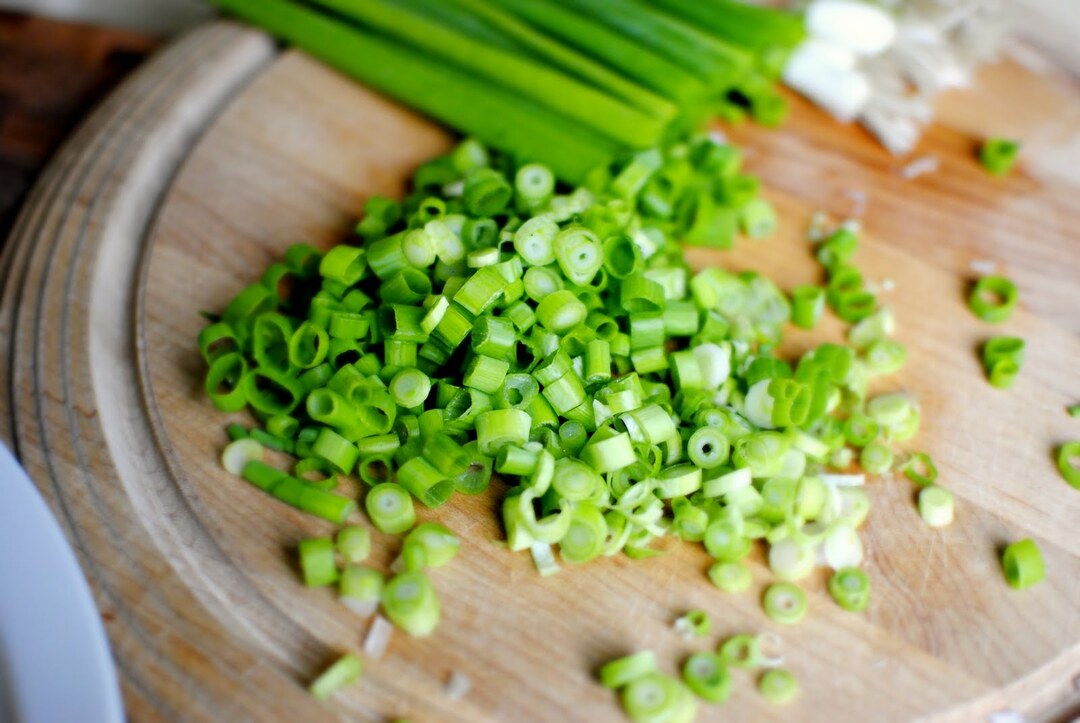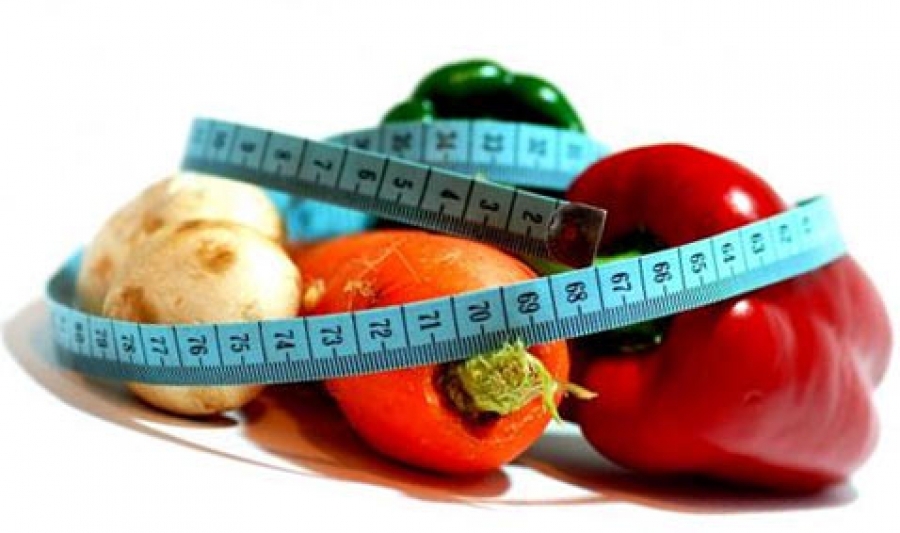Foods that cause fermentation in the intestines: a list
Fermentation in the intestines causes the active production of natural gases, which, accumulating, make themselves felt not only in a rounded belly like a ball, but also in pain and flatulence. Certain diseases associated with the gastrointestinal tract can provoke this unpleasant process, however, most often the food we eat causes the boil. In this article, we will discuss which foods that cause fermentation in the intestines should be avoided in order to keep the intestines calm.
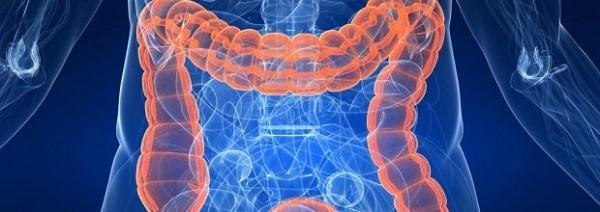
Foods that ferment the intestines
Content
- 1 Fermentation reasons
- 2 Is it possible to independently determine the product that causes fermentation
-
3 List of fermenting foods
- 3.1 Video: Bloating Foods
-
4 How to get rid of intestinal fermentation
- 4.1 Video: Gas formation in the intestine how to get rid of
- 5 How to relieve the effects of fermentation with medications
-
6 Let's summarize
- 6.1 Video - Healthy intestines. Fermentation
Fermentation reasons
One very important thing should be noted right away. If you have opened this article, then you are full of intentions to calculate food provocateurs and exclude them from the diet in order to avoid gas formation and other unpleasant consequences from eating them. However, sometimes even such seemingly a priori effective measures will not be able to completely eliminate the feeling of a bloated stomach that bothers you.

What are the reasons provoke negative processes inside the intestine
According to available data, abdominal fermentation can be caused by:
- specific products;
- in general, an incorrectly built diet.
The thing is that, in addition to eliminating provocateurs, most often it is necessary to completely revise your own diet. Sometimes unpleasant sensations are caused by any pathological process inside the gastrointestinal tract, products, fermented, it aggravates, however, only normalization can help to cure the problem completely nutrition. Therefore, when reading the article, be prepared that you will have to exclude from the menu not only, for example, white bread, but also other, no less harmful products, replacing them with useful ones.
By themselves, gas-forming products are not a guarantor of fermentation inside the intestines, since they do not affect all people. This is due to the peculiarity of the organism, its sensitivity, or vice versa, insensitivity.
Is it possible to independently determine the product that causes fermentation
Some people wonder if they can independently determine which product, among all eaten by them, influenced the formation of gases inside the intestine, that is, provoked the process fermentation.

Is it possible to independently determine the product that causes fermentation processes
The answer is yes, it is possible. There is nothing difficult in this task. In this article, we propose for consideration a list of edibles, each item in which provokes fermentation in the intestines, leading to bloating and flatulence. With its help, you will cope with your goal. As soon as after a meal you feel that your stomach begins to seethe, stop and analyze the ingredients of the dishes that you ate. It is best, of course, to eat homemade food for a while, in order to be completely confident in the composition of the food consumed.
There are two methods of constructing a diet according to the needs of the intestines related to elimination of fermentation:
- trial and error method - eating a dish, analyzing the state of health and food components, if a relationship is found, the exclusion of some products;
- pre-exclusion method - simple elimination from the diet of the food that we will list in this article in the list below.
Each of the presented methods is working, however, whichever you choose, it is best to attend to keeping a detailed food diary - a notebook, notepad or notebook, inside which you will bring in:
- meals consumed in food intake, and their components;
- the time when the food was taken;
- sensations in the abdomen.

Legumes are a serious gut irritant
List of fermenting foods
So, we got to the most exciting moment. In this section, we will identify foods that can induce fermentation within the intestines, contributing to the release of gas. Let's consider them in the following table.
Table 1. Foods that ferment the intestines
| Legumes | Not thermally processed vegetables and fruits | Alcoholic and carbonated drinks | Bakery products |
|---|---|---|---|
|
|
|
|
|
Everyone knows that after eating fresh peas in the country in the summer, it is best to retire in a secluded place away from people, since, even healthy intestines after its use form a certain amount of gases requiring immediate exit through the back passage. The same applies to other types of legumes, processed and not thermally processed.

Prohibited foods during fermentation
The same can be said about raw fruits and vegetables, which contain coarse fiber of plant origin, as well as a large amount of extractive substances. Thanks to them, intestinal peristalsis works correctly, therefore, it is impossible to completely exclude raw vegetables and fruits from the diet: instead of fermentation, it risks constipation. However, you can reduce this component of the diet by giving preference to cooked vegetables and dried fruits.
Another strong provocateur is bakery products. The list of prohibited foods includes bread of any color:
- Gray;
- black;
- White.
In addition, you cannot eat buns with pies, because they are most often cooked with yeast dough, and, as you know, yeast is the most likely cause of most flatulence.
It is important to establish nutrition, and impose a categorical taboo on sugary drinks that are heavy for the liver and other organs. They can be alcoholic (wine, beer), or non-alcoholic (Coca-Cola, Pepsi, Fanta, etc.). You will be surprised, but even mineral water artificially saturated with gases can have a negative effect. Not only has your intestines produced a large amount of a foul-smelling volatile substance on its own, such a drink will finally hit your stomach, adding bubbles.

Gas pressure on the intestines is quite painful
According to the complaints of many patients, most often the formation of gases is provoked by the most ordinary foods present in the diet of every Russian:
- White cabbage;
- legumes;
- buns.
In addition to the products listed in the table above, there is another group of names that must be avoided if you want to avoid fermentation processes. They may not by themselves cause intestinal disturbances, however, in addition to those nutritional elements listed above, they can provoke much more active fermentation. We will also consider them in the following table.
Table 2. Heavy food to digest
| Protein foods that are hard to digest | Carbohydrate sweets |
|---|---|
|
|
|
Despite the fact that the table contains mainly meat products and sweets, you should not avoid these food elements at all. Just swap out fatty meats for leaner ones. For example, instead of pork and lamb, you can eat:
- chicken breasts;
- turkey.
Fish, which are difficult to digest, are being successfully replaced by bowel-friendly names such as:
- salmon;
- pollock;
- hake.
As for sweets, if you give up on it, the body will thank you in different ways. Firstly, fermentation will stop in the stomach, secondly, the aging process will slow down, and thirdly, excess weight will go away. If you cannot live without harmful sweets, it is better to switch to their healthy variations, for example, dried fruits.
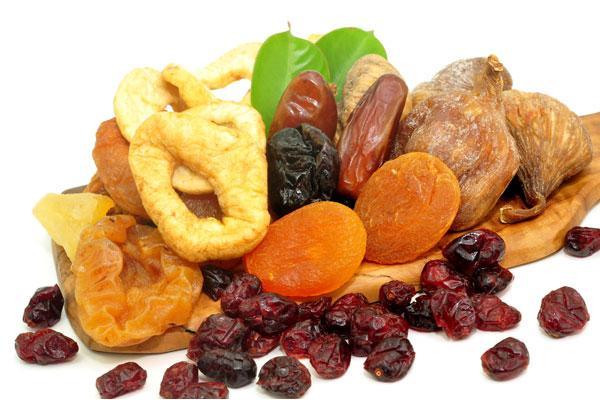
Dried fruits
Gastroenterologists (doctors who specialize in the treatment of the digestive system) believe that specific food combinations can also affect the fermentation of foods in the body. In addition, the individual characteristics of the organism also affect. For example, many people suffer from gas formation from the most common product - milk. This is because their organs are unable to supply enough of the enzyme that is responsible for the digestion of milk sugar. Consequently, milk becomes useless for them, and in addition, it also brings digestive problems. If this is your situation, stop drinking milk in favor of fermented milk products, for example:
- live yogurt;
- kefir.
Those foods or their combinations, to which our intestines are simply not used to, can also influence the fermentation processes. The ability to digest specific types of food is formed in a person from early childhood, after the start of complementary foods. The fact is that each person lives in a specific natural and climatic zone.

Eating foreign dishes, you risk seriously surprise the gastrointestinal tract and provoke fermentation processes
This opportunity plays a special role for those people whose ancestors lived in a specific natural and climatic zone for generations, eating specific foods. These people are not genetically adapted to easily digest and assimilate certain foods. Therefore, we often have problems with the intestines when we eat exotic dishes, for example, which have gained wide popularity in Russia, sushi and rolls, Japanese soups and other delicacies. Almost all of us, after eating these seemingly dietary meals, had digestive problems, which we attributed to stale ingredients in the dish. However, in fact, our digestive system thus received stress from a previously unknown product and showed a negative reaction.
The same can be attributed not only to ready-made foreign dishes, but also to specific products, for example, vegetables or fruits, which are imported into the country from abroad. Of course, they have a lot of usefulness, however, for especially sensitive intestines, this benefit can result in fermentation.

If you are not sure if you tolerate pineapple or avocado well, replace them with other plant foods that do not contribute to the formation of gas in your stomach.
There are also dangerous products that do not ferment, but strengthen the stool. In other words, if consumed in large quantities, you run the risk of constipation, which, in combination with eating foods that cause fermentation in the intestines can create extremely uncomfortable and even dangerous to health situation. These include:
- potatoes;
- fish and its derivatives;
- rice.
These names are best eaten before lunch, while dinner is supposed to be made from vegetables so as not to burden the intestines. The danger of the situation that these products can provoke is as follows: with the formation of constipation and simultaneous bloating, the gases will have nowhere to go. They can continue to accumulate, while stretching the intestines, the walls of which, in turn, can become covered with microcracks, which are not so easy to heal. The presence of the desired cracks can be a start for the formation of serious intestinal pathologies, subsequently involving the entire gastrointestinal tract.
Vegetables are best processed thermally, but in moderation, so that:
- avoid fermentation;
- save nutrients.
Video: Bloating Foods
How to get rid of intestinal fermentation
In order for the stomach to stop hurting painfully, and you are no longer afraid to appear in public, you must follow some simple rules.
Rule # 1. First of all, establish your own diet by eliminating the harmfulness of the diet and including in it such foods as:
- buckwheat;
- millet;
- fruits (baked to avoid fermentation processes);
- vegetables (best cooked as well);
- lean meats (chicken, turkey);
- fish (steamed, baked in the oven, boiled, stewed);
- fermented milk drinks (kifir, bifidok, live yogurt);
- yeast-free bread (in moderation, only if well tolerated).
Some spices added to main dishes will also have a good effect on the digestive processes, for example:
- caraway;
- marjoram;
- Dill;
- fennel.
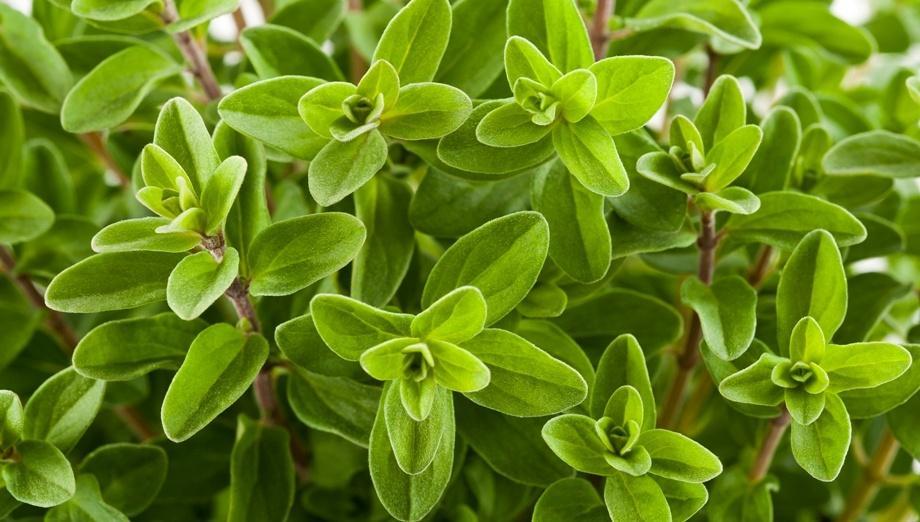
Herbs not only soothe the intestines, but also reduce the formation of gases, while saturating the body with useful vitamins and stimulating the gastrointestinal tract.
Teas have a calming effect on the intestines, which contain ingredients such as:
- ginger;
- mint.
It is best to brew them at home on your own, simply by purchasing the ingredients, since the purchased mixtures may contain other plant components that change the body's response.
Rule # 2. Another useful idea is fasting days. It is best to arrange them one or two days a week, not necessarily in a row, if you decide for several days. For example, you can drink non-sour kefir all day, in total you will need to consume about two liters, while you should also drink water. This will help cleanse the intestines from the remnants of food stuck in it, which affect the formation of gases and other unpleasant processes.

Normalize digestion during fasting days
Rule # 3. If you are a big fan of legumes, try to limit yourself, but once a month you can afford to eat your favorite food. It is best to do this before the fasting day, so that the intestines can safely remove all unnecessary residues.
Rule # 4. It is important to keep in mind that food preparation also plays a role. All cereals should be washed under cold running water, and then simmered until cooked. Greens used to calm the intestines, such as dill, must also be thoroughly washed and served fresh, or garnished with them at the very last moment.
Rule # 5. Don't overload your digestive tract. It is better to eat in small portions, but a little more often than usual, than to stuff your stomach with various foods and hope that it does not respond to you by fermentation. It is best to eat about 5-6 times in one day, evenly spreading the time intervals.
Rule # 6. "Here we have eaten, now we can sleep." Forget about this famous saying if you don't want to walk with an inflated belly all your life. After eating, it doesn't matter if it was lean or dense, you need to walk around, thereby filling the intestines with blood to make it work. Movement also improves peristalsis, which means that most likely you will digest food without problems and will not feel any discomfort.
Rule # 7. It is very important to have proper supper. It is better to stop eating at least 2 full hours before going to bed. Food entering the gastrointestinal tract in the evening should be light.
Rule # 8. Develop a food culture. When eating breakfast, lunch or dinner, you cannot:
- read;
- watch TV;
- distracted in other ways.
The fact is that by being fully involved in the process of eating, you tune the body to the processing of nutrients and their complete assimilation.
Rule # 9. It is best to discard some secular habits, such as long conversations while eating, as when pronouncing words and while chewing food, you swallow a large amount of air inside the body, which, in the end, gets to into your intestines.
Rule # 10. It is very important to chew food thoroughly, since in a mushy state it will be much easier for the stomach and intestines to digest it by treating it with special enzyme juices. In this case, there will be simply nothing to lodge in the intestines and ferment.

Intestinal sensitivity can be passed from parent to child, take care of your family's nutrition
Rule # 11. Schedule your meals. It is important that the body remembers when food comes to it and learns to process all of it without a trace. This measure is very effective in combating fermentation, although at first glance there is no direct connection. Try it and see for yourself.
Rule # 12. Try to chew your gum less often. You will be surprised, but this seemingly very hygienic habit has a negative effect on fermentation and gas formation. When chewing gum, a large amount of air enters the digestive tract, which leads to increased gas formation.
Video: Gas formation in the intestine how to get rid of
How to relieve the effects of fermentation with medications
It is not only herbal ingredients and spices that can help alleviate the effects of food fermentation in the intestines, but also some medicines. However, it must be remembered that taking them only affects the symptoms, and not the very the problem, therefore, to solve the issue of fermentation exclusively by taking medications is absolutely no way. Restore nutrition and use medications only to eliminate the consequences.

Medicines do not solve the problem, but they help fight it.
With increased gas production resulting from the fermentation of foods inside the intestine, so-called "defoamers" can help. Their principle of action is as follows: they act on gases that accumulate inside the intestine in the form of a foamy mass. The desired mass is destroyed under the influence of defoamers, after which the accumulated gases:
- go out through the anus;
- absorbed into the blood.
Such funds include the well-known "Espumisan", the children's drug "Bobotik" and many similar defoamers.

Release form of the drug Espumisan
Various sorbents will also help to cope with gases and fermentation. These drugs absorb harmful, toxic substances inside themselves, suppressing their effect, then the resulting mass is naturally removed. It is very important to drink enough water and to comply with the dosage while taking adsorbent drugs.
As a sorbent, you can use activated carbon known to every inhabitant of Russia, which must be drunk in a ratio of 1 tablet / 10 kilogram of body weight.

Activated carbon
Another pioneer of Russian first-aid kits, Smecta, has a good effect on the removal of toxins and bacteria that affect fermentation processes from the intestines. However, this drug is quite gentle, therefore, it will not have enough effect in a difficult situation.

Smecta
Antispasmodics will help relieve the pain symptom, for example:
- "Spazmol";
- "Nosh-pa";
- "Drotaverin" and other similar drugs.

Antispasmodics
It will also be helpful to take enzymes that aid in the digestion of food, such as Pancreatin.

Pancreatin
Let's summarize
The consequences of the formation of fermentation processes inside the intestines of people, such as flatulence, are difficult to endure not only physically, but also psychologically. According to many studies, people with the desired problem in their lives rarely show themselves to their acquaintances, friends or family members, and try not to leave their homes. Just think, because of such a nuisance, a person sometimes loses a full life.

Free your intestines from fermentation by your own efforts
Eating foods that cause fermentation in the intestines, in the end, not only becomes the cause of physical discomfort, but it can serve as the formation of various pathological processes in intestines. In addition, the accumulation of gases sometimes presses on the intestinal walls, which gives quite tangible pain sensations, which are not easy to endure.
In addition, it is scientifically proven that mental stress caused by fermentation can aggravate the production of gas. In other words, the stress you are experiencing is another reason your belly continues to swell and growl. You should get rid of this component, and then you will get real freedom. Clear your own thoughts and diet, and recovery will not keep you waiting!

